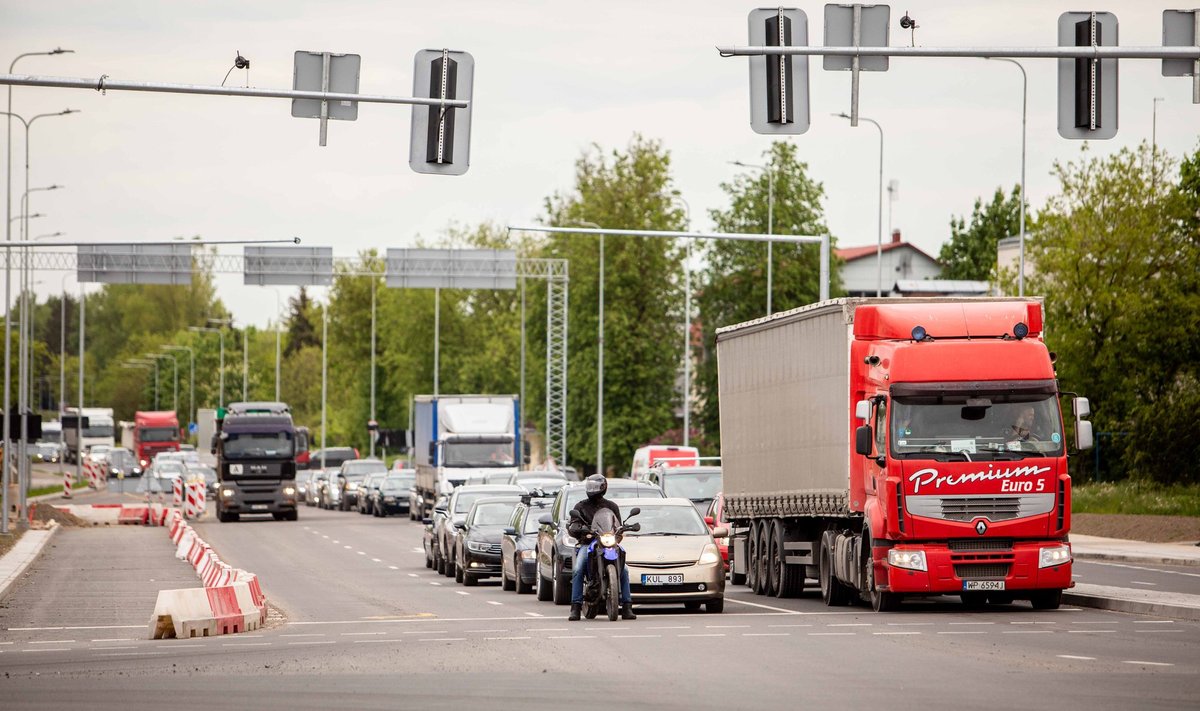In a comment forwarded to BNS on Monday, Nauseda said that discussions on new green taxes should also look at how to return the potential tax revenue to Lithuanian society.
"The fight against climate change is global. The fight against climate change is everyone's responsibility. And making it personal requires not only prevention but also incentives," he said.
"We have not only to persuade but also to motivate society to change their behavior and choose less polluting products. This applies to taxes, too."
According to the president, Lithuania could use good practices of other countries, such as Canada whose residents receive incentive payments when they file their annual personal income tax returns.
"Let's take advantage of other good practices from around the world that combine both prevention and incentive measures to tackle climate change," Nauseda said. "It is particularly important to target additional financial incentives for behavioral change toward middle and lower-income groups, while at the same time not abandoning the 'pollution costs' principle."
"We also need to support municipal solutions for climate-neutral transport, in particular the strengthening of public transport," he added.
Last week, the Lithuanian government decided to scrap the existing one-off vehicle registration levy and instead introduce an annual car pollution tax.
If the parliament gives the green light, the new tax will be phased between 2023 and 2025, generating an estimated 170 million euros in revenue to the state annually.
The Environment Ministry said last week that around 50 percent of car owners in the country would have to pay up to 100 euros in the annual pollution tax.
The new tax is planned to be introduced on January 1, 2023. However, all owners of cars subject to the levy would pay only half of it until the end of 2024.
